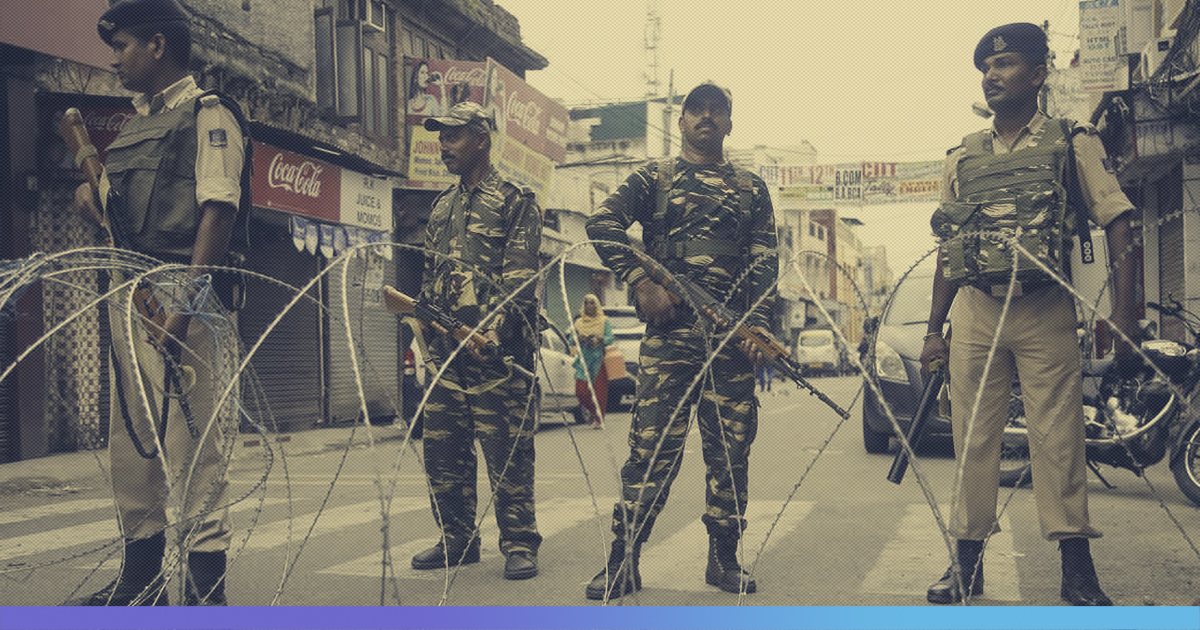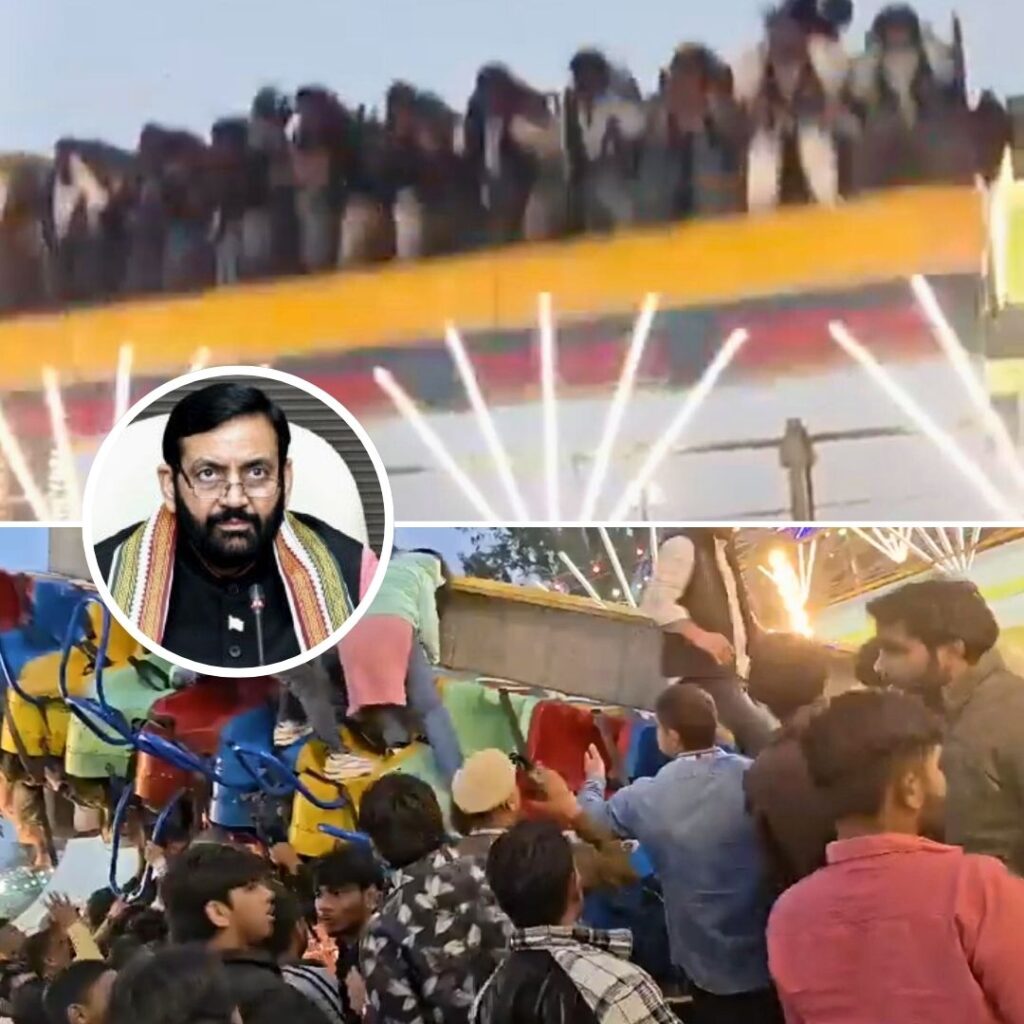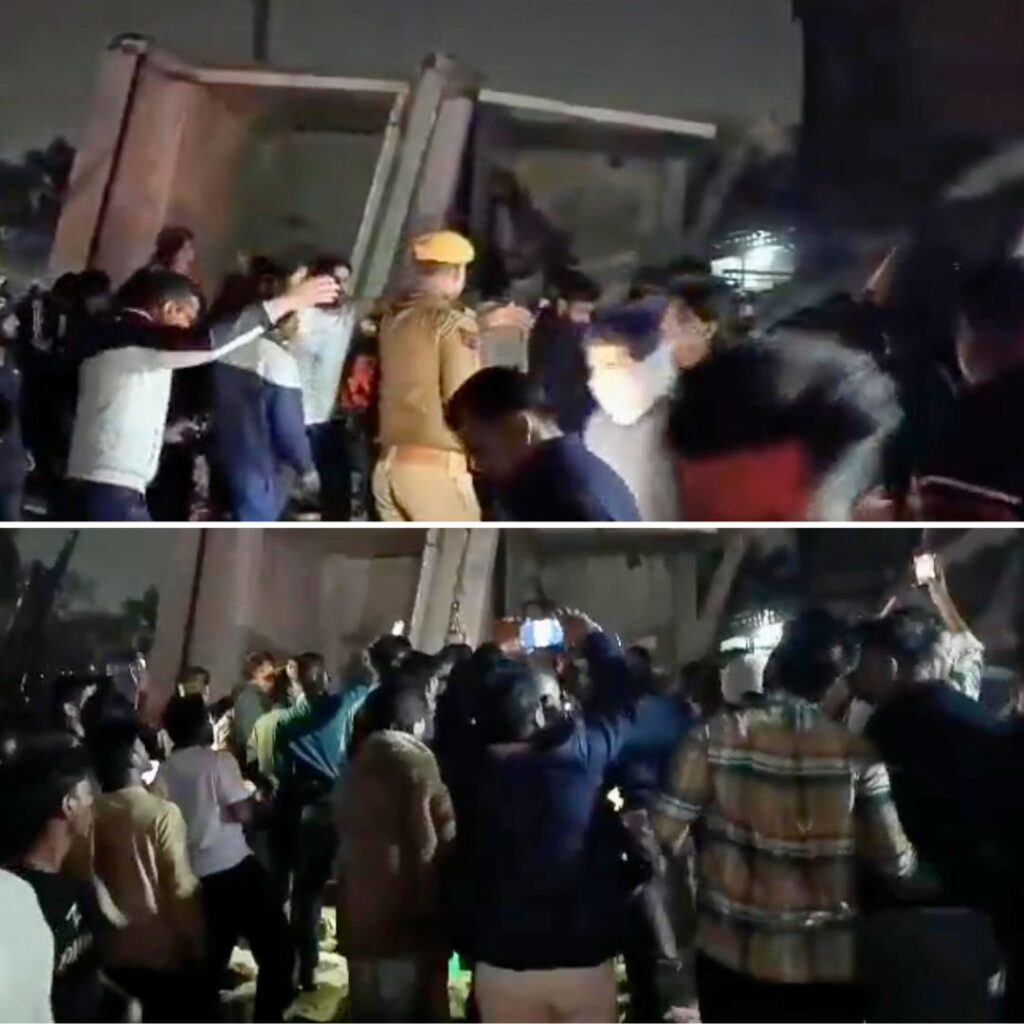The Indian Medical Association, the country’s largest body of doctors, has strongly opposed the Lancet, an international medical journal, editorial pointing at the health and freedom of ‘Kashmiri people’ and claiming that the journal under the “garb of concern” has intervened in an internal and personal matter of India. Lancet is among the world’s oldest, most prestigious, and best known general medical journals.
‘Fear And Uncertainty Around Kashmir’
The Lancet editorial titled ‘Fear and uncertainty around Kashmir’s future’ claimed that there were health impacts on the people of Kashmir in the wake of the clampdown in the valley, pointing at the bifurcation of the state and the revocation of Article 370.
The journal referred to Prime Minister Narendra Modi’s “prosperity” justification for the changes in Jammu and Kashmir and said that the people there first require healing, not alienation.
Referring to the J&K’s autonomy as a ‘controversial move’, Lancet raised ‘serious concerns for the health, safety and freedom of Kashmiri people.’
Editorial: "PM Narendra Modi vows that his decision to revoke autonomy will bring prosperity to #Kashmir. But first, the people of Kashmir need healing from the deep wounds of this decades-old conflict, not subjugation to further violence & alienation." https://t.co/88LrtruCAP pic.twitter.com/3NYJWY5e84
— The Lancet (@TheLancet) August 16, 2019
Published on August 17, the journal read: “in spite of decades of instability, developmental indicators suggest that Kashmir is doing well compared with the rest of India” and that in 2016, the state’s life expectancy was higher than the national average.”
Referring to a study by an international humanitarian agency, Medecins Sans Frontieres, the journal pointed that “nearly half of Kashmiris rarely felt safe and of those who had lost a family member to violence, one in five had witnessed the death first-hand”. The editorial:
Last week in a controversial move, India revoked the autonomous status of Jammu and Kashmir, allowing India greater authority over the state’s affairs. The announcement fanned tension with Pakistan, which also claims the region and has fought India over it for more than seven decades. At least 28 000 Indian security forces have been deployed; in the capital city Srinagar, a lockdown has been implemented that suspended communication and internet links, and a strict curfew has been imposed. The militant presence raises serious concerns for the health, safety, and freedoms of the Kashmiri people.
Since the insurgency of Kashmir in 1989, the state has experienced bloody conflict from both sides, resulting in more than 50 000 deaths. According to a report by the UN High Commissioner for Human Rights, published last month, gross human rights violations by state security forces and armed groups have occurred, including cross-border firings, sexual violence, enforced disappearances, and acts of terrorism. The report emphasises continued use of excessive force against civilians—for example, the use of pellet-firing shotguns has led to 1253 people being blinded between 2016 and 2018. Both India and Pakistan have largely dismissed the report’s recommendations to end the abuse.
Despite decades of instability, developmental indicators suggest that Kashmir is doing well compared with the rest of India. In 2016, life expectancy was 68·3 years for men and 71·8 years for women, which are greater than the respective national averages. However, the protracted exposure to violence has led to a formidable mental health crisis. A Médecins Sans Frontières study in two rural districts affected by conflict stated that nearly half of Kashmiris rarely felt safe and of those who had lost a family member to violence, one in five had witnessed the death firsthand. Therefore, it is unsurprising that people in the region have increased anxiety, depression, and post-traumatic stress disorder.
Prime Minister Narendra Modi vows that his decision to revoke autonomy will bring prosperity to Kashmir. But first, the people of Kashmir need healing from the deep wounds of this decades-old conflict, not subjugation to further violence and alienation.
“Therefore, it is unsurprising that people in the region have increased anxiety, depression, and post-traumatic stress disorder,” it added.
IMA Slams Lancet For Interfering
“It is unfortunate that the reputed medical journal The Lancet has committed a breach of propriety in commenting on this political issue. It is amounting to interference into an internal matter of Union of India. The Lancet has no locus standii on the issue of Kashmir. Kashmir issue is a legacy that the British Empire left behind,” the IMA wrote in a letter to The Lancet.
Indian Medical Association on behalf of the medical fraternity of India withdraws the esteem we had for the Lancet. pic.twitter.com/LbqNzjeL6O
— Indian Medical Association (@IMAIndiaOrg) August 19, 2019
A Calcutta-based doctor, Awadesh Kumar Singh, referred to the journal as a “shameful editorial”.
Many netizens criticised The Lancet for interfering in the situation of Kashmir, however, some also came out in support of the journal for accurately highlighting the problem in the Valley.
Saner voices like @TheLancet raising concerns about health and human disaster in Indian Kashmir e.g Nobel laureate letter! Lancet not alone #kashmir #StandWithKashmir pic.twitter.com/zFpNLoUbWR
— Arshad Malik (@ArshadMalikUK) August 19, 2019
18 Doctors Write To BMJ
18 Doctors from across the country have come out and said that the situation in Jammu and Kashmir is hampering people’s access to healthcare since August 5. The doctors wrote this in a letter published in the British Medical Journal, (BMJ) on August 16.
Citing a report by the UN High Commissioner for Human Rights, published last month, stating that gross human rights violations by security forces have resulted in multiple forms of violence, the journal pointed out the use of pellet-firing shotguns has led to 1,253 casualties between 2016 and 2018.
Talking about many patients who were admitted to hospitals with pellet-gun injuries, one of the signatories wrote: “People are unable to call an ambulance to take a sick person to a hospital, they need to be taken in a private vehicle if they have access to one.”
“These vehicles are stopped every few metres by security forces standing at concertina wire barricades to check the identity and ask questions,” the letter read.
While the government initially denied pellet injuries, on August 14 the State police had confirmed that the injuries were because of the “stray protests” in Srinagar.
According to the letter, not just the patients but the staff too face a lot of difficulty amid the instability in the valley.
Claiming that there was a blatant denial of the right to healthcare and the right to live in the state, the doctors urged the government to “ease communication and travel restrictions at the earliest and undertake any other measures that are required to allow patients to access healthcare without hindrance”.
Scarcity Of Medical Stock
Pointing at the problem of medicines running out of stock, the letter read: “Certain medications are out of stock in the local stores, and there is at least one report of a person having to fly to New Delhi to purchase medicines for a sick relative.”
“Some women, due to delivery, were moved closer to a hospital when the troop build-up began as they anticipated some trouble. There are likely to be many more women who are not able to get to a hospital for their delivery or have got there very late,” the letter mentions.
The letter claimed that the situation has also created a situation of mental stress among a population with already high levels of psychosocial stress.
The Lancet has a history of commenting on major global developments which affect the health of citizens living in a particular country.
Also Read: Schools Reopen In Jammu and Kashmir After 14 Days, Low Turnout Recorded











